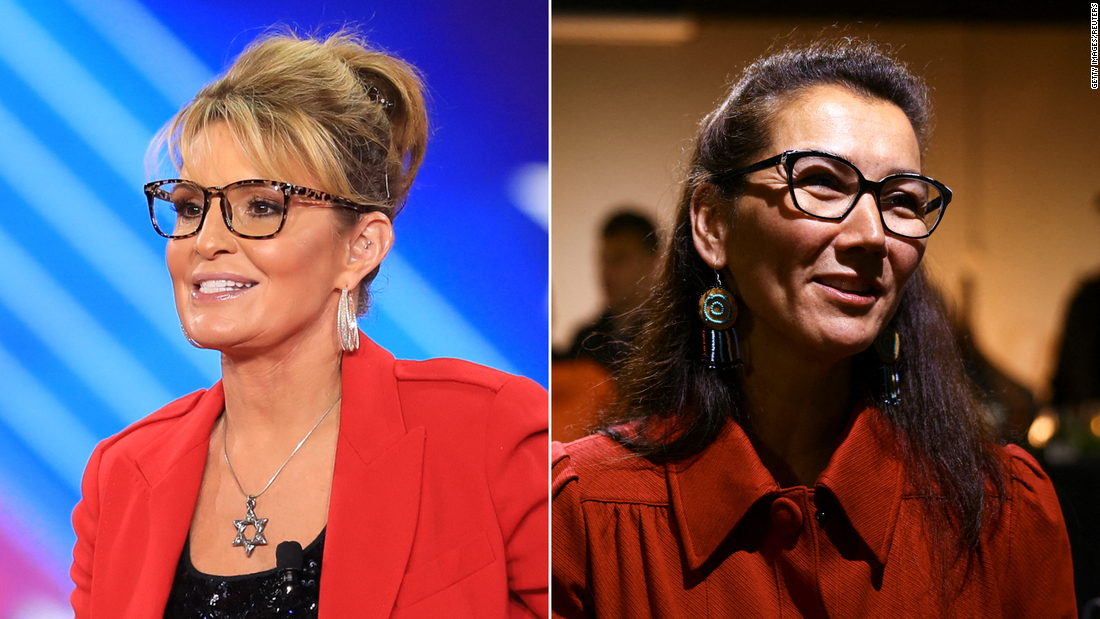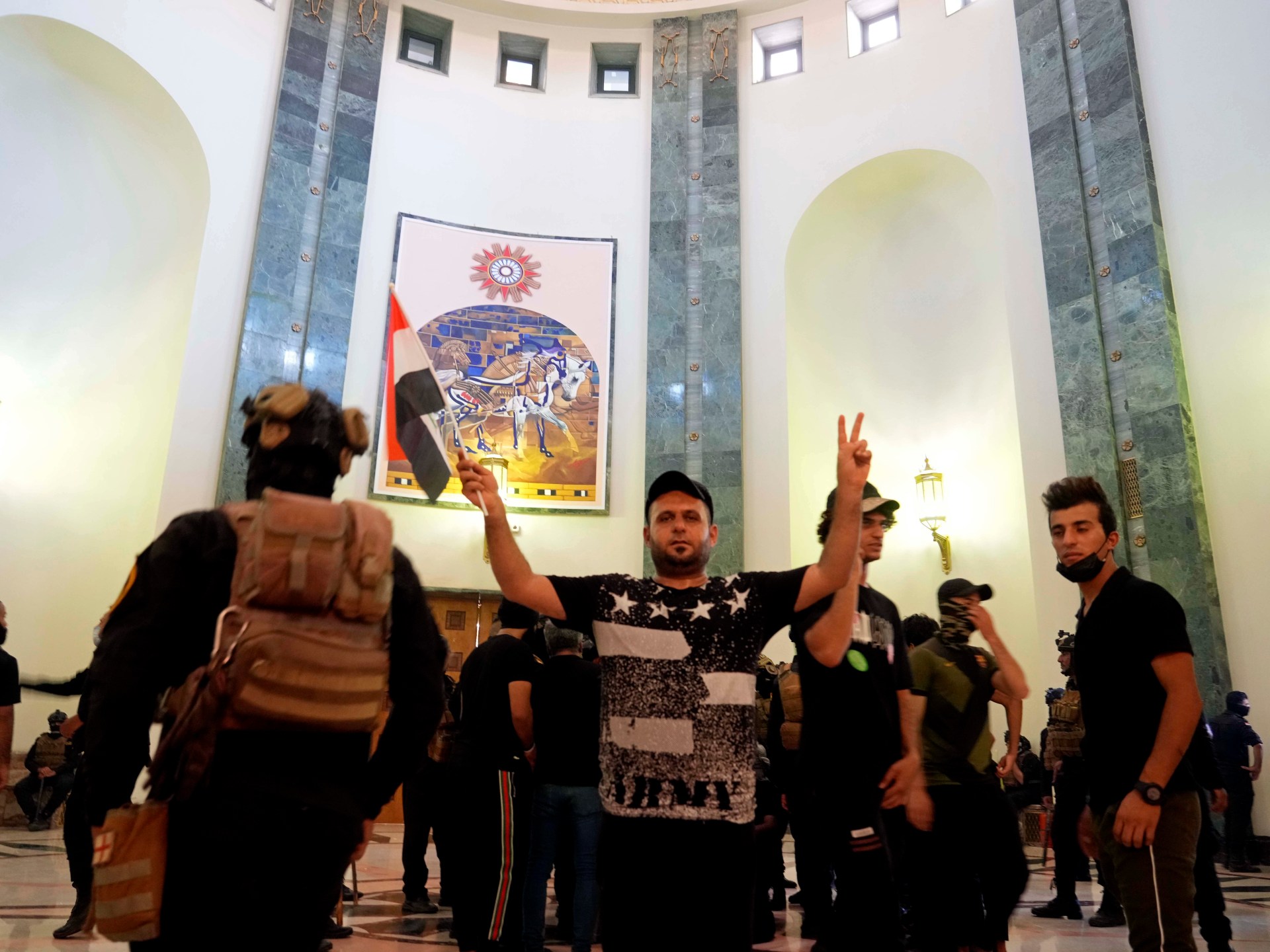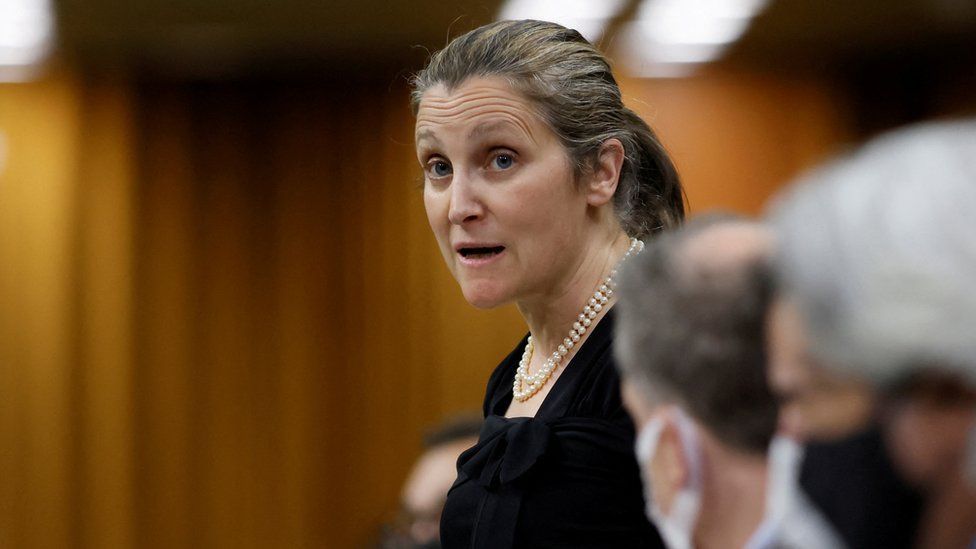unitedstatepolitics.blogspot.com
On August 29, the influential Iraqi Shia cleric Muqtada al-Sadr went on Twitter to announce that he would retire from politics. It wasn’t the first time he has declared his intention to quit politics, but this announcement came at a particularly tense moment for Iraq.
Grand Ayatollah Kadhim al-Haeri, another cleric whose followers include a large number of Sadrists, had just announced his resignation, asking the country’s Shia population to obey Iran’s leader, Ayatollah Ali Khamenei. To supporters of al-Sadr, who has pitched himself as a pillar of resistance against Iran’s influence in Iraq, al-Haeri’s resignation was evidence of Tehran’s attempts to weaken their movement.
Soon after al-Sadr’s tweet, thousands of his followers stormed the Iraqi capital’s Green Zone, the Republican Palace and key government buildings in Baghdad and in the provinces. Baghdad witnessed violent intra-Shia confrontations between al-Sadr’s supporters and a variety of armed groups loyal to different factions within the Shia Coordination Framework, a pro-Iran set of parties. Since al-Sadr’s tweet announcing his resignation, more than 30 people have been killed and hundreds injured. Then, amid the threat of an internal war among Iraq’s Shia, al-Sadr picked television over Twitter to address his supporters, ordering them to end the protests. They did, further confirming al-Sadr’s influence.
Yet the entire episode does not represent a win for him. For Iraq, sadly, the news is worse, with the further erosion in the country’s ability to find any meeting ground between its battling political factions.
The trigger
In Iraq’s October 2021 parliamentary elections, al-Sadr emerged with the single largest number of seats. He allied with two other major winners of the election: the Sunni “Sovereignty Alliance” and the Kurdistan Democratic Party.
Al-Sadr’s attempt at government formation faced strong resistance from the Coordination Framework, a broader amalgamation of mainly Shia parties that includes influential Shia political figures. This bloc has been calling for the continuation of the classical post-2003 consensus model of governance, under which an administration effectively needs to enjoy a two-thirds majority, and not just a simple one, to rule. While this grouping didn’t win anywhere close to the numbers itself, it had enough seats in parliament to block the Sadrists from claiming the support of two-thirds of the legislature.
Then, in February this year, the Iraqi Supreme Court, swayed by Iranian influence, interpreted the Iraqi constitution in a way that turned the need for a two-thirds majority into a decree. Effectively, this means that any Iraqi government must be an administration of consensus — a failed approach that laid the grounds for the current violence in the country.
Sadr’s strategic miscalculation
As al-Sadr failed to form his majority government, he shocked everyone by ordering his 73 lawmakers to resign from the parliament in June. That was a mistake.
His political strength against his rivals within the Shia community comes from two main cards: his seats in parliament and the loyalty of his strong and disciplined base. His withdrawal from the legislature diminished his ability to influence the next government. The Coordination Framework, which a few months ago wanted to block government formation, now has enough seats to rule without al-Sadr.
As he lost his parliamentary clout, he began to demonstrate his influence through the street mobilisation of his supporters against the Coordination Framework’s efforts to form a government. Sadrists took over key government institutions, including the parliament. They began calling for a dissolution of the parliament and snap elections.
What’s next?
While the Coordination Framework has so far refused to budge, and here’s the bitter truth – new elections won’t, by themselves, solve Iraq’s political dysfunction, just as the halt to this week’s violence won’t break the country’s longest political deadlock since 2003.
The Coordination Framework has been clear that the grouping intends to move ahead with government formation. Stability of any kind is now dependent on whether the bloc proposes a consensus figure for prime minister with the blessing of al-Sadr or further provokes him by pushing through its own preferred candidate.
The odds don’t favour consensus at the moment. Following al-Sadr’s resignation and the death of many of his supporters in the recent violence, there seems to be no common ground for a dialogue between his movement and the Coordination Framework. Al-Sadr no longer has parliamentary influence but his hold over the Iraqi street means he can potentially bring down any government in Baghdad.
He will likely return to politics, as he has done before, and his group will prepare itself for the next elections – whenever they are held. Iraq’s tortured political journey will continue, with no clear winners but definite losers: the country’s people.
The views expressed in this article are the author’s own and do not necessarily reflect Al Jazeera’s editorial stance.
Adblock test (Why?)
"politic" - Google News
August 31, 2022 at 02:26PM
https://ift.tt/ktCLlMP
Iraq’s political dysfunction just got worse - Al Jazeera English
"politic" - Google News
https://ift.tt/lrWm1dI
https://ift.tt/79GF1ea












/cloudfront-us-east-1.images.arcpublishing.com/bostonglobe/VNG7YMZTRWJ5WBFTJ5NVETPCQI.jpg)
Join the Conversation
Commenting on this and other recent articles is just one benefit of a Foreign Policy subscription.
Already a subscriber? .
Subscribe Subscribe
View Comments
Join the Conversation
Join the conversation on this and other recent Foreign Policy articles when you subscribe now.
Subscribe Subscribe
Not your account?
View Comments
Join the Conversation
Please follow our comment guidelines, stay on topic, and be civil, courteous, and respectful of others’ beliefs. Comments are closed automatically seven days after articles are published.